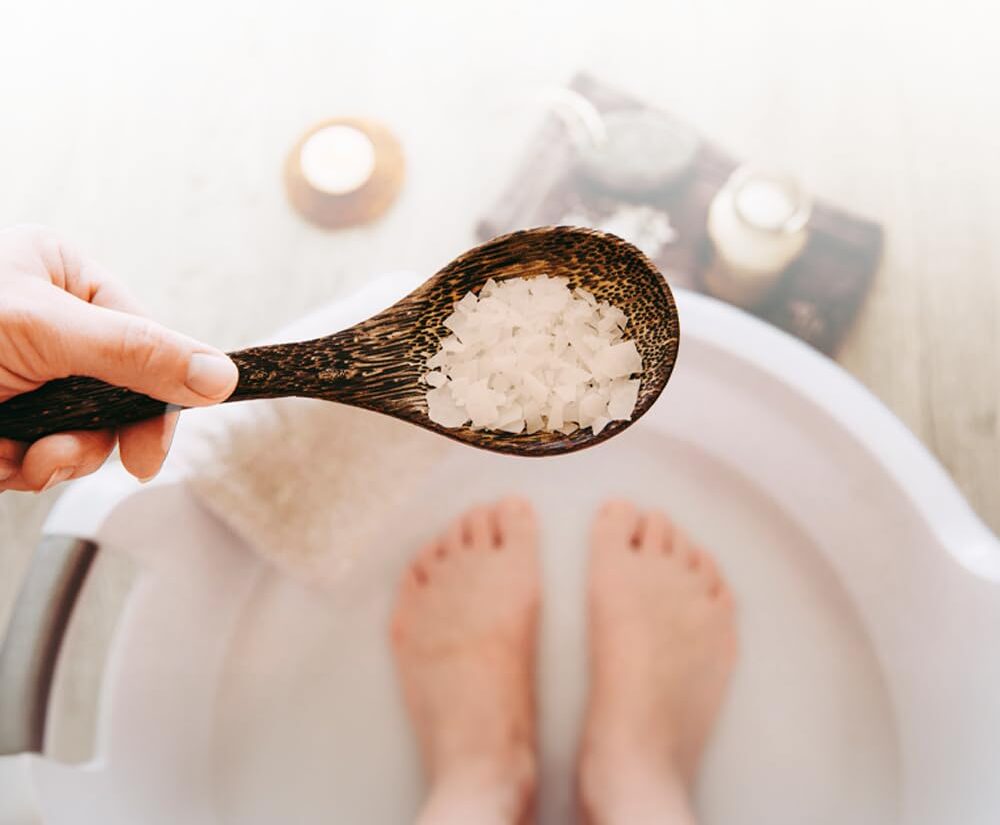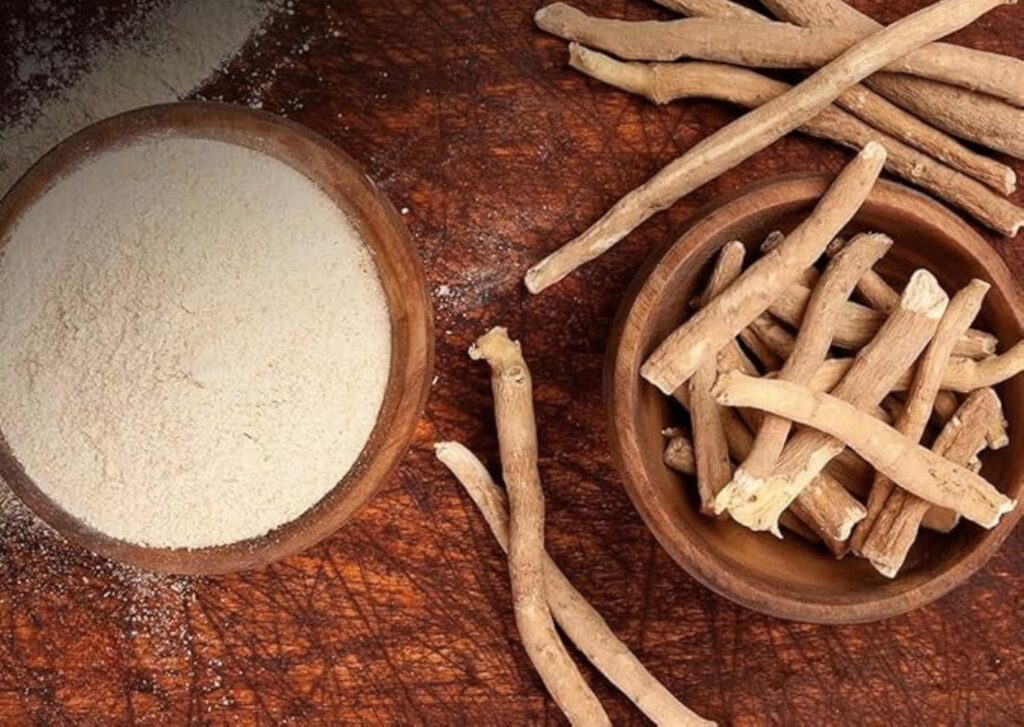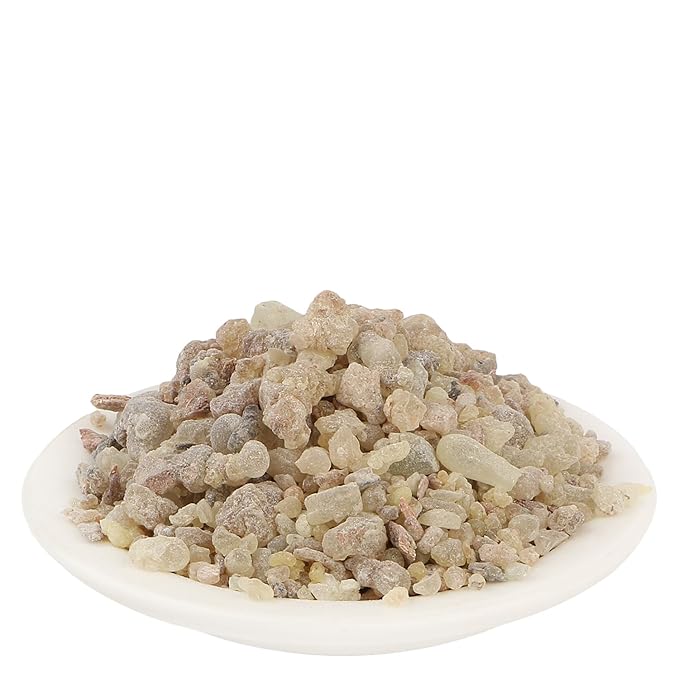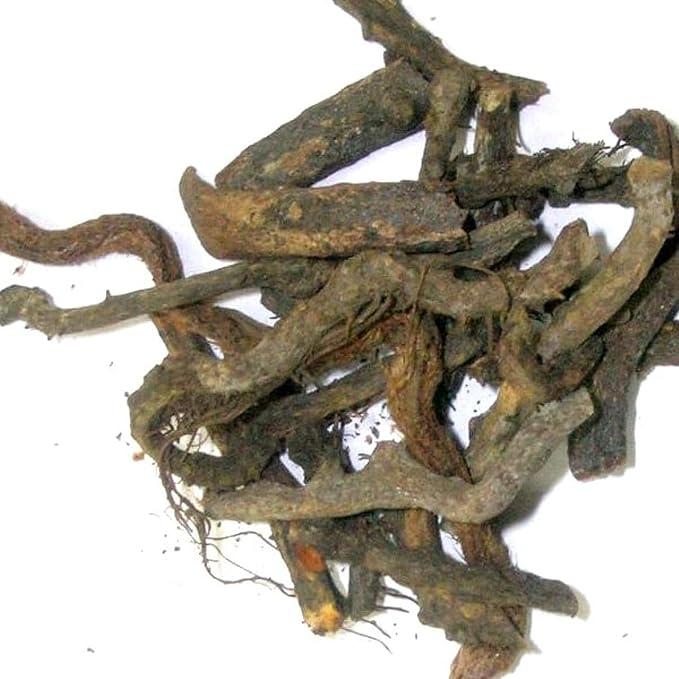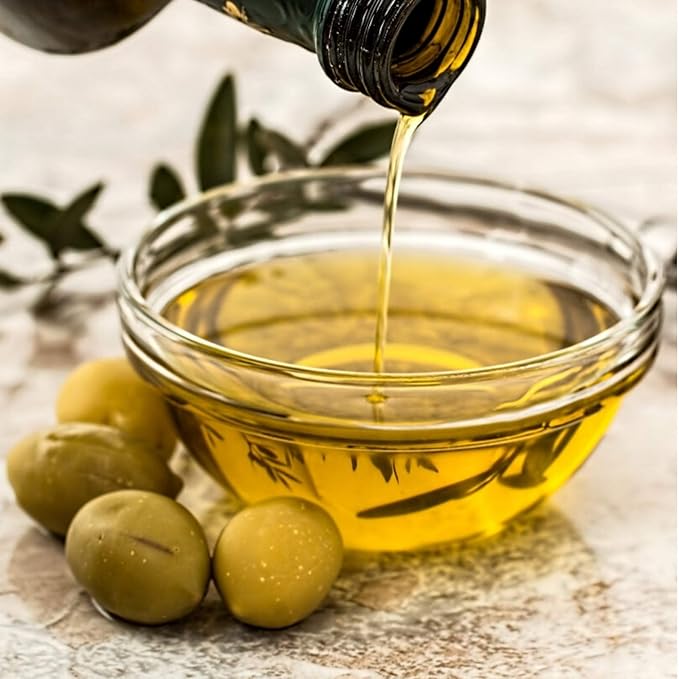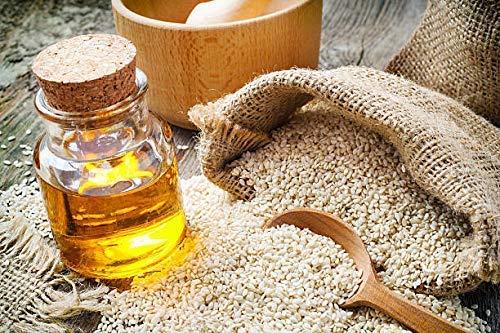Do your knees sometimes feel decades older than the rest of you? You’re not alone. Joint pain affects millions of people, whether it’s a stiff shoulder, aching hips, or creaky knees. The good part? You can ease that pain with simple, proven tips — no pills needed.
This guide is your friendly walkthrough of what actually works — not just what sounds good. Let’s explore smart, effective ways to feel better, move easier, and reclaim your freedom.
Table of Contents
What Causes Joint Pain (and Why You Should Care)
Joint pain isn’t just about aging — it can hit at any stage of life. Let’s take a quick look at what could be happening in your joints:
- Sometimes, your immune system works a little too hard — and that causes inflammation.
- Wear and tear: Years of use or injury can break down cartilage.
- Arthritis: The most common cause — includes osteoarthritis and rheumatoid arthritis.
- Lifestyle: When you don’t move enough, sit incorrectly, or put too much weight on your joints, they eventually protest.
Also Read : Cinnamon Benefits
Best Natural Remedies for Joint Pain Relief
Turmeric (Haldi) — Nature’s Anti-Inflammatory Hero for Joint Pain
Ginger Tea — Your Warm Cup of Relief for Joint Pain
Ginger is another powerful anti-inflammatory agent.
- Why it works: Ginger blocks inflammatory compounds, easing stiffness.
- A simple tip: Boil ginger, then mix in some lemon and honey.
Ease the sore joint in no time with a calming soak in Epsom salt water.
Omega-3 Fatty Acids: Natural Support for Joint Pain Relief
Found in fish oil, flaxseed, and walnuts, Omega-3s reduce inflammation from within.
- How much: Eat fatty fish 2–3 times a week or take supplements (1000–2000 mg).
Tip: Always consult your doctor before starting supplements.
Also Read : Isabgol Role in Weight Management
Daily Habits That Help Reduce Joint Pain Over Time
While quick tips offer relief, it’s your daily habits that build lasting joint comfort. The right lifestyle tweaks protect your joints every single day.
Keep Moving — But Not Too Much
Staying active keeps stiffness at bay — remember, motion is medicine.
Warm Up and Cool Down — Always
If you exercise, don’t skip this. Warm-ups prep your joints for movement; cool-downs keep stiffness at bay.
- 5 minutes of gentle stretching is enough.
Maintain a Healthy Weight
Carrying extra weight stresses your knees and hips more than you might realize.
- Losing just 5–10% of your weight can take serious pressure off your joints.
Improve Posture
Slouching can strain your spine and shoulders.
- Sitting long hours? A supportive chair can really help your posture and joints.
- Try to align your ears, shoulders, and hips while sitting or standing.
Also Read : Walker for Old People
Ayurvedic Herbs That Help Relieve Joint Pain Naturally
Ayurveda, India’s ancient system of healing, offers several natural herbs that have been traditionally used to support joint comfort and mobility. Though research is ongoing, many say these natural tips work well with healthy habits.
Here are some well-known Ayurvedic herbs believed to benefit joints:
Ashwagandha (Withania somnifera)
Known for its anti-inflammatory and adaptogenic properties, Ashwagandha may help reduce joint stiffness and ease discomfort caused by inflammation.
It’s often used in powder or capsule form.
Shallaki (Boswellia serrata)
Also called Indian frankincense, Shallaki is traditionally used and believed to support healthy joints and reduce swelling. It may help improve mobility, especially in the knees.
Available in tablet, resin, or extract form.
Guggul (Commiphora mukul)
For generations, Guggul has been valued in Ayurveda for soothing arthritis and joint aches. It’s said to purify the system and promote smoother joint function.
Found in tablets and traditional formulations.
Nirgundi (Vitex negundo)
Nirgundi, used in oils or herbal brews, may help soothe joint pain and inflammation.
It’s often added to Ayurvedic oils because of its calming effects on joints.
Tip: Choose Quality Products
Go for trusted Ayurvedic brands that stick to good manufacturing practices (GMP). And consult an Ayurvedic practitioner or healthcare provider before use — especially if you’re on other medications.
Disclaimer:
This content is for informational purposes only. Ayurvedic herbs can interact with medications or cause side effects in some people. But don’t skip expert advice when it comes to herbal care.
Also Read : How to Prevent From Covid and Other Viruses
Best Foods for Joint Health
When it comes to keeping your joints healthy, what you eat matters. Eating right helps your joints stay flexible, calm inflammation, and build stronger bones. Here are some nutrient-rich foods and healthy oils that may help:
Fatty Fish (Like Salmon, Mackerel, Sardines)
Salmon and other fatty fish are rich in omega-3s that soothe inflammation and support joints.
Vegetarian option? Vegetarian? Flaxseeds and chia are great plant-based picks that help keep your joints strong and supple.
Leafy Greens
Leafy greens such as spinach, kale, methi, and sarson offer natural joint-loving nutrients like antioxidants and vitamin K.
Garlic & Ginger
Nuts & Seeds
Dairy or Dairy Alternatives
Calcium and vitamin D support strong bones. Go for dairy or fortified plant milks like soy and almond to boost bone strength.
Also Read : Kasuri Methi Benefits
Healthy Oils That May Soothe Joint Pain Naturally
Incorporating certain oils — both in cooking and externally — may support joint comfort and mobility.
Cold-Pressed Olive Oil
Rich in antioxidants and anti-inflammatory compounds like oleocanthal. Use in salads or low-heat cooking.
Flaxseed Oil
A great vegetarian source of omega-3s. Use cold in smoothies or drizzle over salads.
Sesame Oil (Til ka Tel) – Ayurvedic Favorite
Often used in Abhyanga (Ayurvedic massage), sesame oil can be gently warmed and massaged into joints to ease stiffness.
Castor Oil (Erand Tail)
Ayurveda has long trusted it to cleanse the body and calm joint discomfort. Often applied externally to sore joints.
Mahanarayan Oil (Ayurvedic Blend)
Herbal oils have long brought comfort to sore joints through gentle, soothing massages. Warming the oil slightly before use may boost blood flow and relax tight areas.
Bonus Tip: Hydrate Well
Staying well-hydrated helps your joints stay cushioned and supports natural detoxification. Try to drink water consistently throughout the day — usually 6 to 8 glasses, or what feels right for you.
Also Read : Cumin Seeds Benefit (Jeera)
How to Protect Your Joints for Life
Don’t wait for stiffness—start your joint-care routine today. Prevention is the smartest approach.
Easy Daily Practices for Joint Health
Foods to Avoid
Also Read : Horse Gram: The Hidden Gem
When Should You See a Doctor in Joint Pain?
Don’t wait until the pain gets unbearable. Here are signs you shouldn’t ignore:
- Swelling or redness around the joint
- Stiffness that hangs around for several weeks may need attention
- Difficulty in movement or bearing weight
- Joint pain accompanied by fever
Early treatment can prevent long-term damage.

Also Read : Best Mindset Books
FAQs About Joint Pain
What’s the best exercise for joint pain?
Swimming and walking are gentle on the joints while keeping them active. Gentle exercises like yoga or tai chi help strengthen joints and boost flexibility.
Can stress worsen joint pain?
Yes! Stress can increase inflammation in the body. Gentle practices like meditation and deep breathing can help you stay calm and make the pain easier to manage.
Not sure if heat or cold is better for joint relief?
Cold packs help with swelling; warmth works wonders on stiff, achy joints. A mix of both can work well depending on the situation.
Also Read : Must-Have Home Gadgets
Final Thoughts: You Deserve to Move Freely Again
Living with joint pain doesn’t have to be your “new normal.” Whether it’s natural remedies, better daily habits, or medical help — there are real options that can help you feel like yourself again. Start small, stay steady, and your joints will feel the love over time.
You’re not broken. Healing doesn’t happen overnight — it’s a journey, and every small step counts!
Also Read : 14 Foods You Should Never Refrigerate


